7 Ways to Recognize You Have a Drinking Problem
2014.05.20
Alcoholism is a disease, and the people suffering from it, sometimes don't know they have it. While it is pretty funny to see people in their drunken state of mind, it isn't quite as funny if you get drunk more times than the characters on Game of Thrones. Here are some signs to recognize you've got alcohol dependency.
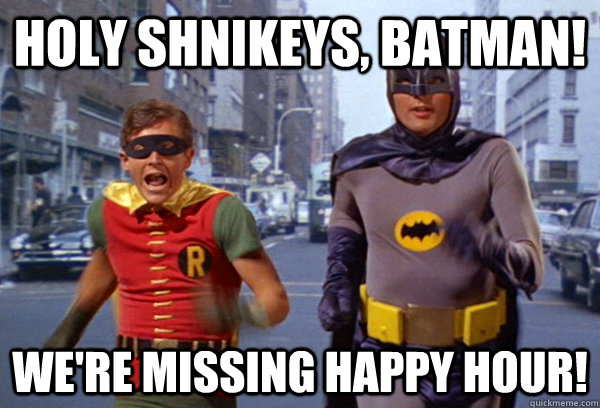
While most people love to drink, and there's no wrong in wanting to guzzle down tons of it, thinking about happy hour at 7.30am might be a precursor to alcoholism.
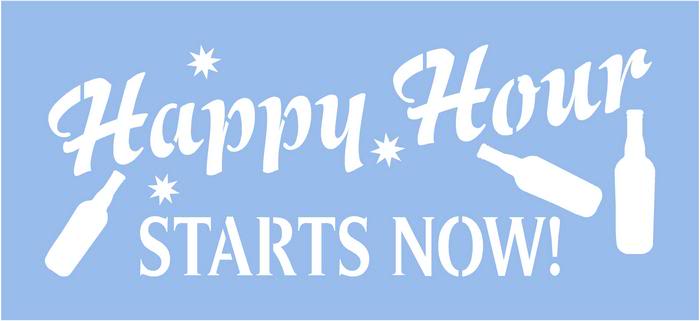
Instead of completing tasks at hand, you leave them for another day so that those tasks don't eat up your drinking time.
You're going to have a heavy night out. And you drove. Big mistake. Take a cab the next time. You're doing more harm to others this way.
4. You've crashed four cars, but you're still alive
You've not killed anyone on the road...yet. That's because every inanimate object you hit was in your way when you were driving in your drunken state. You get away scot-free, and don't get your license revoked. You are a menace to other drivers should they be on the same road as you.
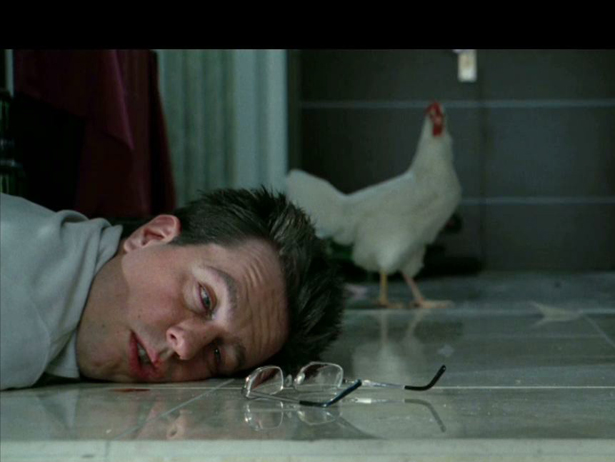
You go all out when there's booze in front of you. To hell with a slow night. Getting drunk out of your face probably wasn't your priority, but you just couldn't resist.
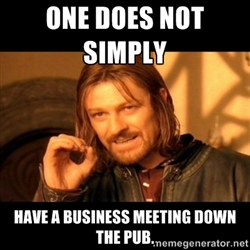
Can't stand an office meeting? Hate the four walls, and sterile conditions? It's nice to be out for a meeting at a cafe, or elsewhere, but most serious meetings usually don't take place in a pub.
Address your problem. Or if you know someone with alcohol dependence, stage an intervention before it is too late.
1. You think about happy hour at 7.30am

While most people love to drink, and there's no wrong in wanting to guzzle down tons of it, thinking about happy hour at 7.30am might be a precursor to alcoholism.
2. You get off work early to go to the pub

Instead of completing tasks at hand, you leave them for another day so that those tasks don't eat up your drinking time.
3. You don't really care how you're going home, even though you drove
You're going to have a heavy night out. And you drove. Big mistake. Take a cab the next time. You're doing more harm to others this way.
4. You've crashed four cars, but you're still alive
You've not killed anyone on the road...yet. That's because every inanimate object you hit was in your way when you were driving in your drunken state. You get away scot-free, and don't get your license revoked. You are a menace to other drivers should they be on the same road as you.
5. You have more beer receipts than cash in your wallet
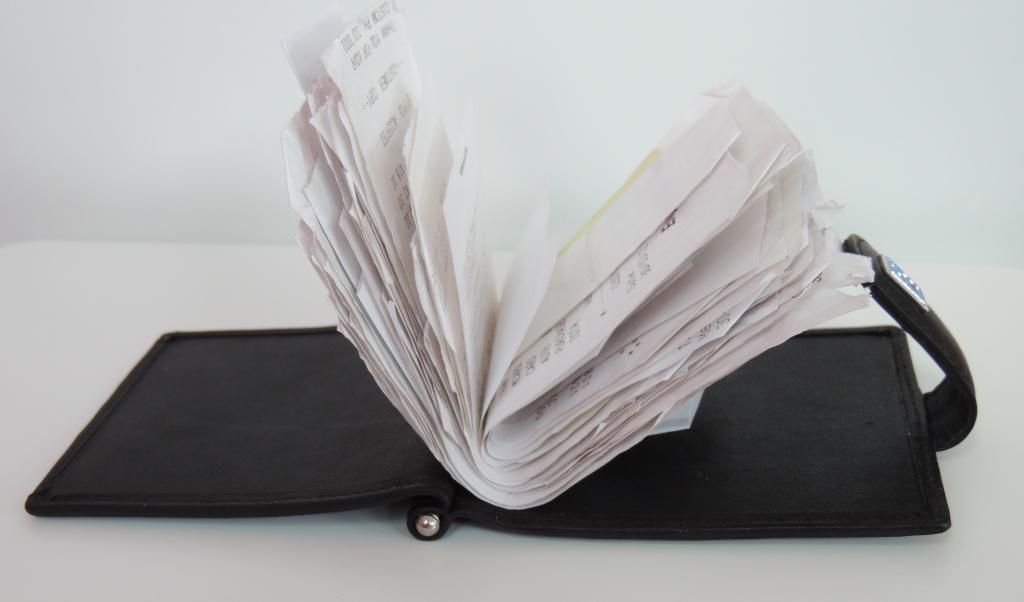
It's time to withdraw some cash from the ATM. How do you know this? You've got more beer receipts than cash in your wallet.
6. You get more drunk than the groom at weddings...and at his stag nite

You go all out when there's booze in front of you. To hell with a slow night. Getting drunk out of your face probably wasn't your priority, but you just couldn't resist.
7. You prefer to have meetings at a pub

Can't stand an office meeting? Hate the four walls, and sterile conditions? It's nice to be out for a meeting at a cafe, or elsewhere, but most serious meetings usually don't take place in a pub.
Address your problem. Or if you know someone with alcohol dependence, stage an intervention before it is too late.
More Articles
Copyright © Fooyoh.com All rights reserved.